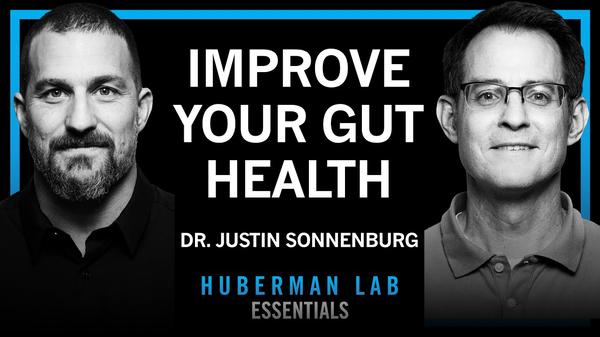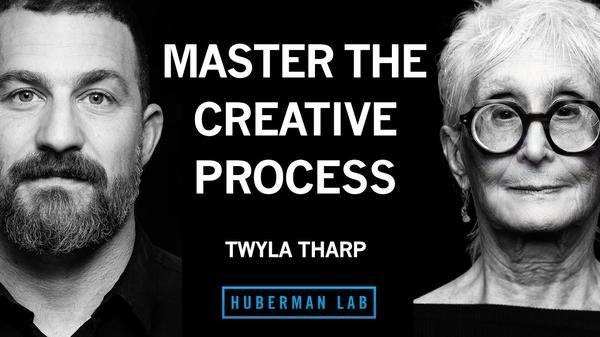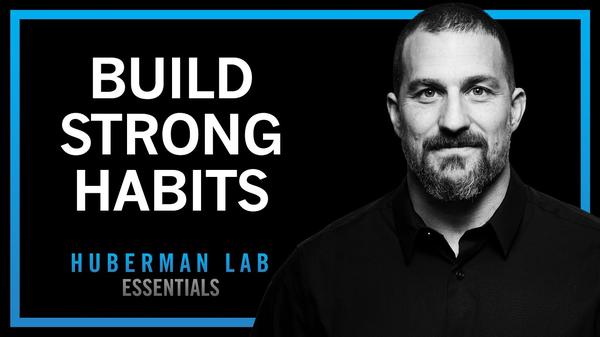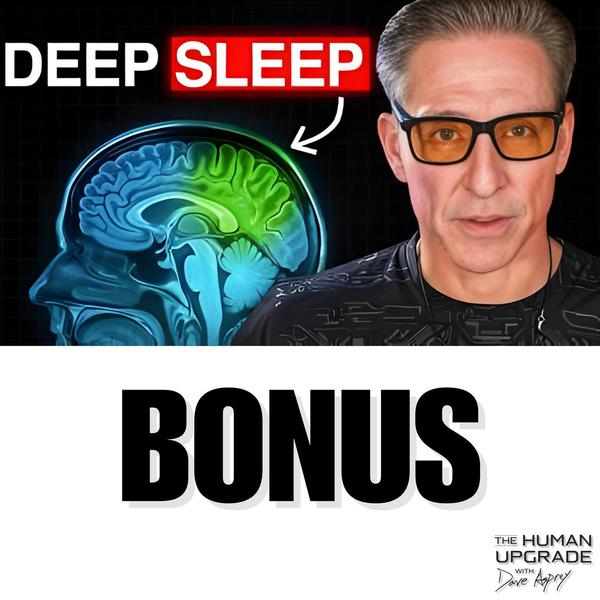
How to Defeat Jet Lag, Shift Work & Sleeplessness | Huberman Lab Essentials
Andrew Huberman
Dec 5, 2024
Mindsip insights from this episode:
Shift your clock back with bright light exposure
Viewing bright light in the four to six hours before your temperature minimum will shift your clock back, making you want to wake up and go to sleep later.
Shift your clock forward with bright light exposure
Viewing bright light in the four hours after your temperature minimum will shift your clock forward, making you want to wake up and go to sleep earlier.
Shift your circadian clock by understanding temperature minimum
Your 'temperature minimum,' the point when your body temperature is lowest (about two hours before you wake up), is the key reference for shifting your circadian clock.
Understand why traveling eastward disrupts sleep patterns
Traveling eastward is more difficult because our nervous system is better at activating to stay awake longer than it is at shutting down to fall asleep earlier on demand.
Stick to home time schedule for short trips
If you are traveling for three days or less, it is best to stay on your home time schedule as much as possible.
Maintain consistent schedule for 14 days to adapt to shift work
To adapt to shift work, you should stay on the same schedule for at least 14 consecutive days, including on your days off.
Utilize Non-Sleep Deep Rest protocols for recovery without sleep
For new parents or anyone with disrupted sleep, Non-Sleep Deep Rest (NSDR) protocols can help regulate your nervous system and aid recovery.
Beware melatonin's impact on testosterone and estrogen levels
Melatonin can suppress testosterone and estrogen by inhibiting the release of key reproductive hormones like GnRH and LH.
More from
Andrew Huberman
You also might be interested in
Your Brain Has A Sleep Switch (Do THIS To Turn It On)
How To COOL Your Body For Better Sleep, INCREDIBLE Travel Sleep Tips & Orion Vs. Eight Sleep With Dr. Michael Breus
Everything You Need To Know About Sleeping Better, Hacking Sleep, Sleep Cycles, Insomnia, Sleep Apnea & More With Dr. Daniel Gartenberg (Best of LIFE Network's Experts!)
This Commonly Missed Disease Can Rapidly Age Your Brain
This Commonly Missed Diagnosis Leads to Rapid Brain Aging













